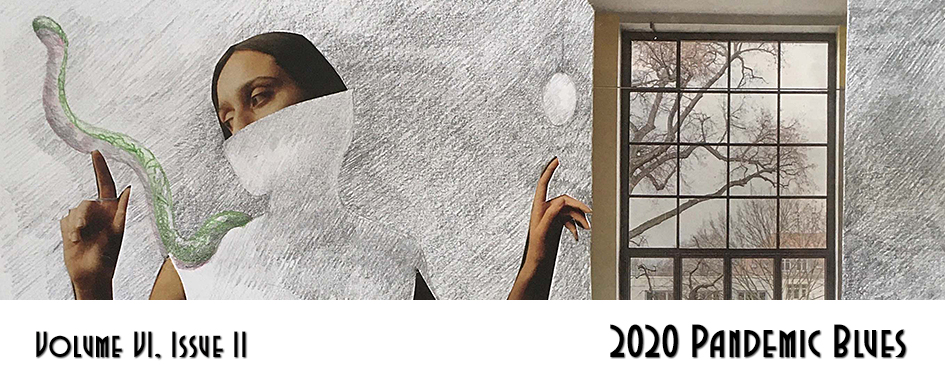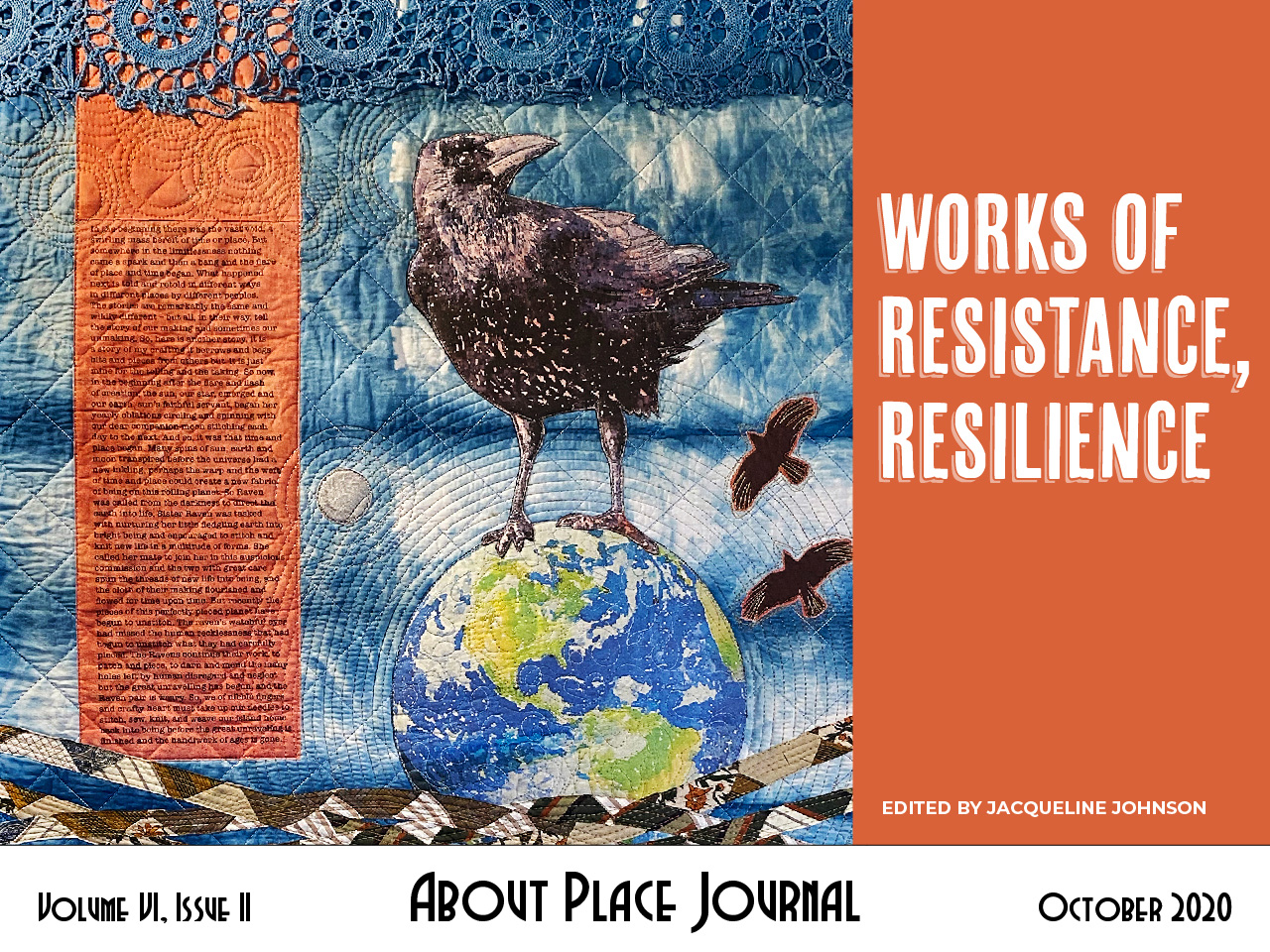After pacing the compound for what felt like the hundredth time in the day, I looked past the low-rise wall toward the unoccupied home in the next plot. It backs the long perimeter wall of the gated community guarded by young men in uniform who are occasionally paid at the end of each month they stand at the entrance gates. My mum, a recent grandmother, stays here separated from the boisterous epicentre she has grown to loathe, the only stirring in the compound caused by one or two occasional visitors and a small generator for when power fails. After 40 years of her stay, the country’s bumpy roads, uncivilized drivers, failing democracy, no longer incite her to take action. These days, she would rather sit in the living area of her bungalow leafing through old issues of O magazine or watching the Daily Show with Trevor Noah. The potted plants up front greet, tons of them. It’s as though they know I’m the guest here as I feign interest in their welfare, offering to water a few with splashes from a bucket nearby, inquiring about the names of the species I don’t recognize. A congregation of snails has found itself in a container with water collecting from the dew drops that drop down from a large leaf they snack on. Actually, grandma has put them all there to prevent them from destroying the plants growing up front, flowers budding, a little weather beaten from the rains but still thriving. The rains wash them from their hiding places repeatedly every year until they run for cover, somewhere, anywhere, and I’ve more or less done the same by running this way a few weeks back when like much of the world I did not know what to do in the presence of this virus with unprecedented consequences.
Pacing the compound took on a whole other meaning when suddenly I became unsure of when exactly I’d be able to leave. Just before the lockdown, a few weeks after the first index case landed late February, I grabbed a bag of things and headed for here on the outskirts of Lagos. Three weeks later we went into lockdown and all and sundry went into panic mode – panic buying, hand sanitizer hijacking, together with the vanishing of the anti-malaria drug hydroxychloroquine. All manner of remedies springing up to combat a virus that invaded people and brought various forms of stigmatization, shunning, and all that confusion which still pervades till now. The increase in cases brought with it dishonesty – persons concealing infection and putting health care workers in harm’s way, some people in impoverished areas refusing to shelter in place, refusing to believe that a virus invented by the Chinese could have anything to do with them. Nigerians were being driven in forcibly, many without means to earn a living as most of the populace rely on daily face-to-face interactions to survive. A news reporter on AriseNews interviewed a man, his body rattling with hunger, shaking, holding a plate of rice like gold that had just been handed to him. Danfos ballooned out from all sides, shuddering not from the impact of bad roads but from the slightest cough or sneeze that might signal the presence of plague. Children were dancing in the street, street beggars, most homeless, with the viral craze in their songs. NCDC (Nigerian Center for Disease Control) and the Ministry of Health put out daily health and safety warnings, while Lagos state government stepped in with food drives to alleviate the hunger caused by the lockdown.
Domestic violence went up, the rains came down, no respite from the lack of water in areas without, including food or electricity. The generator responsible for pumping water in our area suddenly gave way. Collecting buckets of water became a new hobby, something to go along with meditation, pacing, even prayer. The rains drove out the snails, who crawled steadily from place to place, otherwise still for hours at a time.
Uprooted from our daily lives, we have stayed put for weeks, hours on end, days spent watching minutes go by, carrying our homes on our backs – those of us fortunate enough to have homes hoping – praying for change. A neighbor opened her place up to selling local produce and Ankara print face masks pieced together with elastic and cloth as a small way to keep her children busy and have a few nairas coming in. In the street when the lockdown was eased, alongside security guards pumping sanitizer into ready hands were street hawkers brandishing face masks, moving about rapidly in traffic, shoving assorted goods into car windows, providing to the needful to survive amid the virus. It’s in times like these when one realises the government could do so much for its people – employing street boys to sew together much needed masks, employing local businesses to come up with herbal remedies, boosting the e-commerce sector, creating online platforms to ensure children stay in school.
In pacing, going around and round constantly, I realise how much care she takes in tending to her plants, how she nurtures and has used the tendrils of spinach that twirl effortlessly around her burglary proof in smoothies, soups even. How she sits and studies them carefully, pruning, cutting, shaking a can of insecticide to do away with anything that might creep up on them. A great way to stay active, the other way being engaging in long distance chats, prayer meetings that punch through the air of social distancing. Online communities, Zoom meetings, stretching out arms virtually to one another to remain in touch even as our loved are laid to rest. As caskets are wheeled in for service of songs, hands lifted in solidarity, we pray in unison from our beds, our settees or couches and continue to hold each other up,
And as small as it is, pacing helps with dealing with it all.


